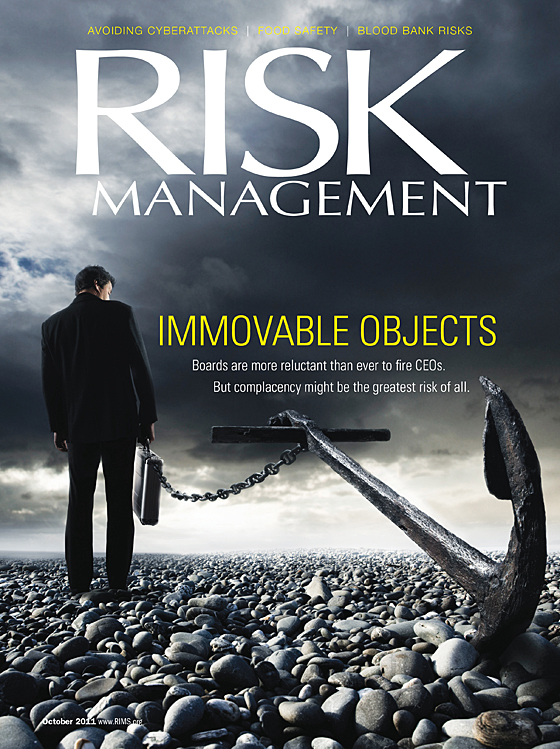No, it’s not the credit crisis or the looming threat of cyber crime or business continuity during a natural disaster or the overall state of the national economy that keeps American business owners awake at night. It is, according to most, the shortage of talent and skills.
This may seem strange, seeing as were are still experiencing record unemployment numbers — meaning the pool of seemingly qualified employees should be vast to say the least. But in fact, the 2011 Lloyd’s Risk Index found that talent and skills shortage ranked as the number two risk facing American business leaders — shooting up from the number 22 spot in 2009.
“These findings show that talent is now firmly part of the risk lexicon — high levels of unemployment have boosted the quantity of candidates, but employers are still wrestling with the quality. Our own Global Talent Index echoed these concerns and highlighted two factors underscoring this risk: population demographics and skills gaps,” said Kevin Kelly, CEO of Heidrick & Struggles the leadership advisory firm providing executive search and leadership consulting services worldwide.
Are business leaders prepared to handle not only the number two risk on the list, but all 50 in the index? Apparently they are. Respondents said they are more than adequately prepared for 48 out of the 50 risks listed. That is in comparison to 2009, when leaders said they were not adequately prepared for eight of the 40 listed risks. Leaders cited “boosting talent retention” as one of the most overall effective risk management actions taken over the last three years, showing how eager businesses are to retain the staff they have.
Speaking of risk management, when respondents were asked to identify the most effective risk management action their organization had taken over the last three years, they cited the introduction of formal risk management strategies and systems, stating that “risk management is now one of the most important roles in the business community.”
Finally.
It may have taken the collapse of the U.S. housing market, a worldwide recession and the continuous uncovering of massive fraud to push the idea of risk management to the forefront of global business programs, but at least the discipline is now moving to where it belongs.
And it is apparently now focused on retaining the talent and skills that are greatly needed in a business world full of continuously evolving risks.



